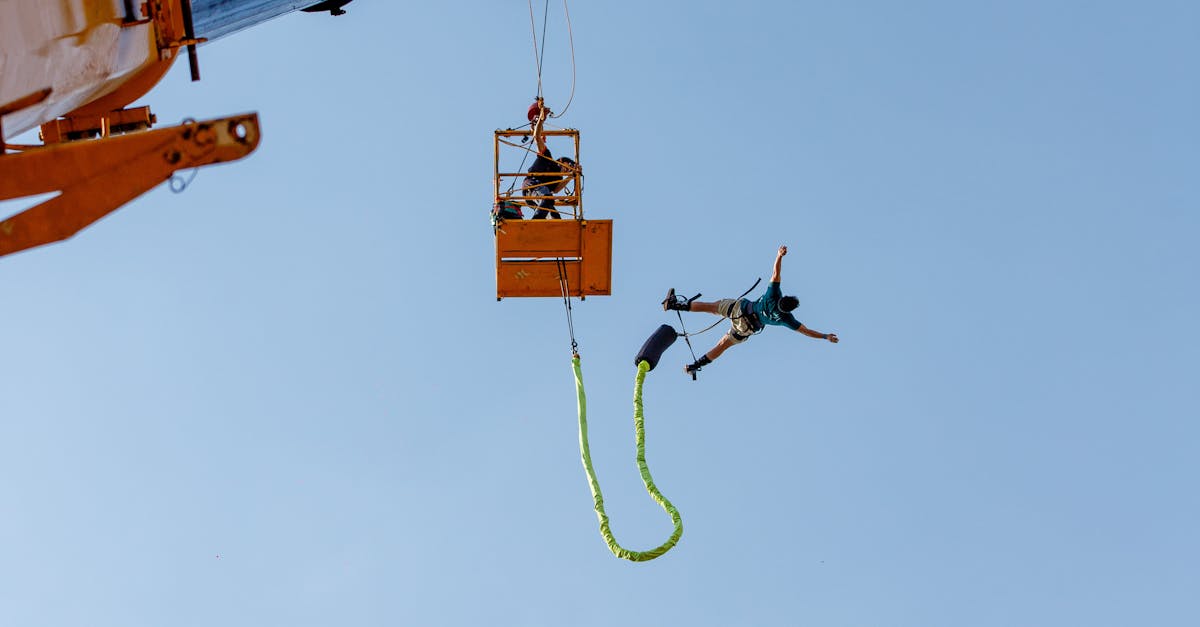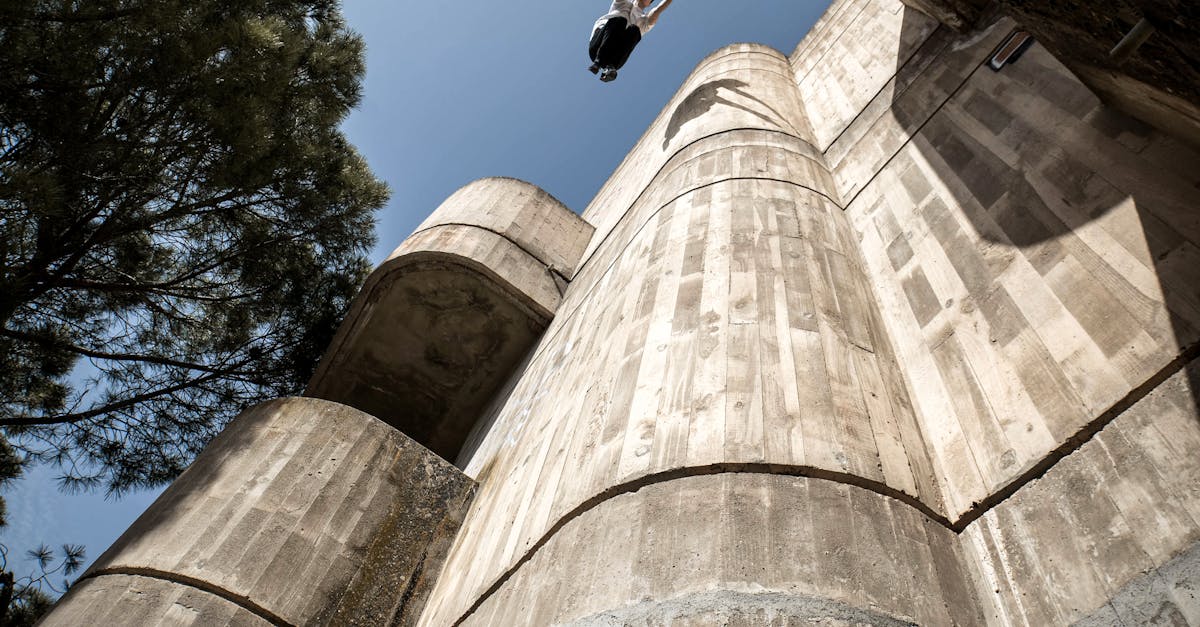
Table Of Contents
Legal Cases Influencing Castle Law
Legal cases have played a pivotal role in shaping the interpretation and application of castle law in Australia. Numerous rulings have defined the boundaries within which property owners can defend their premises. These cases often highlight the importance of context when assessing a property owner’s rights during an intrusion. One notable case involved a residential property where the owner faced legal scrutiny after using excessive force against a trespasser. The outcome underscored the necessity for proportionality in response to threats, setting a benchmark for future cases.
In another instance, a case related to corporate liability emerged when a business, operating as a Corporate Jumping Castle Hire, faced challenges after an incident occurred on their property. The court had to consider the specific responsibilities of commercial property owners in maintaining a safe environment for both patrons and trespassers. This judgement reinforced that while castle law offers some protections, there are still duties that must be met to mitigate risk and uphold safety standards within the business domain.
Landmark Judgments and Their Impact
Landmark judgments have significantly shaped the understanding and application of the castle law in Australia. Cases like the one involving a homeowner defending against an intruder have set precedents that highlight the importance of reasonable force in protecting one’s property. These decisions have reinforced the principle that individuals are allowed to take necessary steps to defend their homes. The implications of such rulings extend beyond residential areas, affecting businesses, including those involved in activities like Corporate Jumping Castle Hire, where safety regulations and liability concerns interact with property protection laws.
The rulings also underscore the responsibility of property owners when it comes to ensuring the safety and legality of their premises. Owners must be aware of their obligations regarding trespassers and potential threats. While the castle law provides a framework for legal protection, it does not offer carte blanche approval for extreme measures. Understanding the limitations of these law judgments is crucial for individuals and businesses alike, including those operating within the entertainment sector, to navigate the complexities of property rights and personal safety.
Responsibilities of Property Owners
Property owners carry significant responsibilities under the castle law, primarily ensuring their premises remain secure. This involves taking reasonable measures to deter potential intruders and clearly displaying any security measures in place. Additionally, property owners need to be familiar with the specific provisions of the law, as ignorance may not provide legal protection in case of an incident. Engaging professionals for security assessments can be a prudent step for safeguarding the property.
In the context of rental and recreational spaces, businesses like Corporate Jumping Castle Hire must also comprehend their responsibilities under the law. These operators need to ensure that the areas where they set up jumping castles are safe and secure from interference or intrusion. It is crucial for them to implement appropriate safety protocols and liability waivers for users to mitigate risks. Failure to adhere to these responsibilities could lead to serious legal ramifications and jeopardise both customer safety and business operations.
Obligations Under the Law
Property owners have a clear responsibility to ensure the safety and security of their premises. This obligation extends to ensuring that any rental or hire activities conducted on their property, such as those involving amusements like a jumping castle, comply with relevant safety regulations. Proper maintenance, secure setup, and appropriate insurance coverage are vital to mitigate risks associated with such activities.
In the case of Corporate Jumping Castle Hire, operators must ensure that all necessary permits and inspections are conducted before the equipment can be used. Failure to adhere to these legal obligations can result in liability for any injuries or accidents that occur, potentially undermining the protections offered by local laws regarding self-defence and property rights. Ensuring that all safety measures are followed is paramount for both owners and hire companies.
Limitations and Exclusions
Castle law in Australia is not without its limitations and exclusions. The application of these laws can differ significantly across states and territories, leading to confusion about rights and protections. For example, if there is a situation involving trespassers on a property, the legal justification for self-defence may not be upheld if the property owner uses excessive force. Moreover, property owners are expected to act reasonably in defending their premises, meaning that simply invoking castle law does not guarantee immunity from criminal charges or civil liability.
In specific scenarios, certain activities or aspects of property use limit the protections afforded by castle law. For instance, if a property owner engages in commercial activities, such as Corporate Jumping Castle Hire, the nature of the business can affect the legal standing in situations of defence. In these cases, the expectations placed upon the property owner can shift, requiring them to ensure their operations do not contribute to potential dangers or escalate confrontations with trespassers.
Situations Where Castle Law Does Not Apply
Castle law in Australia does not provide blanket protection in all situations. For instance, individuals engaged in unprovoked attacks or those acting outside the bounds of reasonable force may find themselves unsupported under this legal framework. Additionally, the law typically does not extend its protections to scenarios involving intoxication or illegal activities. In these cases, individuals could face legal repercussions regardless of whether they feel threatened in their own homes.
Special considerations also apply to property owners who host events like parties or gatherings. When involved with activities such as Corporate Jumping Castle Hire, liability and responsibility can shift significantly. If an injury occurs during an event due to negligence or failure to maintain a safe environment, the owner's protection under castle law may diminish. Thus, understanding the nuances of castle law is crucial for anyone hosting gatherings on their property.
FAQS
What is Castle Law in Australia?
Castle Law, also known as the "castle doctrine," refers to the legal principle that allows individuals to use reasonable force to protect their home from intruders. This law varies across different states and territories in Australia.
How does Castle Law differ across Australian states?
The application of Castle Law can differ significantly from state to state, with various legal precedents and specific regulations influencing its enforcement. It's important to consult local laws to understand the specific provisions applicable in your area.
Can I use lethal force to defend my property under Castle Law?
The use of lethal force is generally only justified in situations where there is an immediate threat to life or serious injury. The force must be proportionate to the threat faced, and it's advisable to seek legal guidance to understand the boundaries of the law.
What are the responsibilities of property owners under Castle Law?
Property owners have a responsibility to ensure that they do not escalate situations unnecessarily and that they are aware of the legal limitations on the use of force. They should also consider taking preventive measures to secure their property.
Are there situations where Castle Law does not apply?
Yes, Castle Law does not apply in certain situations, such as when the intruder has a legal right to be on the property, or in cases of excessive or unreasonable force. It's crucial to be aware of these limitations to avoid potential legal repercussions.





























